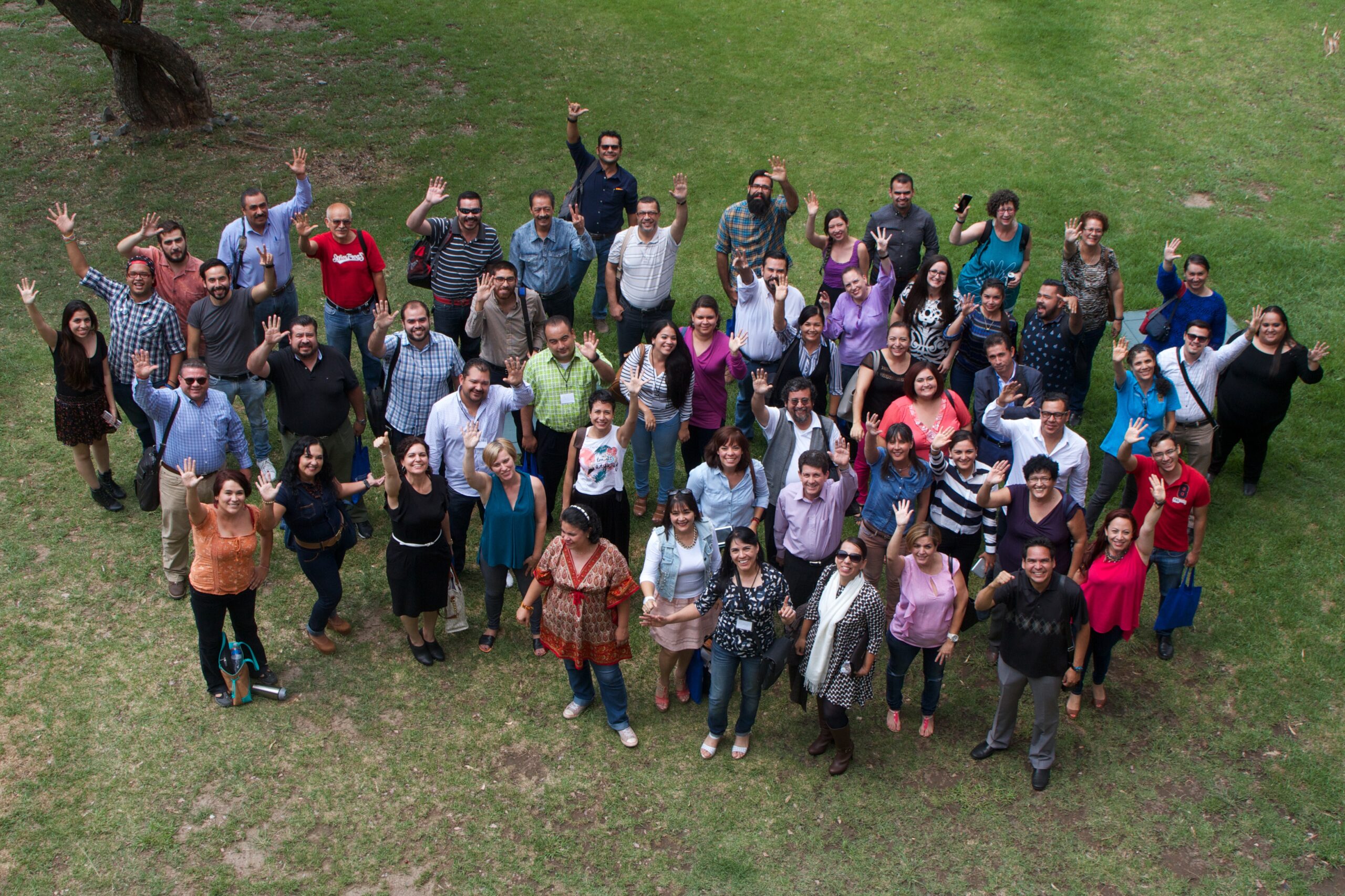The Bahá’í Faith, which emphasizes unity and service to humanity, fosters a spirit of altruism among its adherents, particularly among the younger generation. Youth groups are often at the forefront of community service initiatives, illustrating the core Bahá’í teachings of compassion and selflessness. One significant initiative that has garnered attention is the distribution of food by a Bahá’í youth group, which subsequently received commendations from both city officials and the National Guard. This article will explore the implications of such an undertaking, presenting a playful question and presenting the potential challenges that arise in organizing community service activities.
Why is it that the simplest acts of kindness can sometimes stir the most profound societal changes? When a youth group decides to engage in distributing food, they are not merely providing physical sustenance; they are also sowing the seeds of community and resilience. Their actions create ripples of goodwill, affecting not only those who receive the food but also inspiring onlookers, including local authorities and civic organizations. Therefore, one must ponder: how do these food distribution initiatives impact both the immediate community and the broader societal framework?
One significant aspect of the Bahá’í teachings is their emphasis on the empowerment of youth. Young people are seen as pivotal to the advancement of society; they possess the energy, creativity, and idealism necessary to instigate change. In the context of feeding the hungry, these qualities can transform a simple act into a veritable movement. By involving local authorities and the National Guard in their efforts, the youth group harnesses additional resources and support, amplifying the reach and effectiveness of their initiatives.
To understand the full impact of this food distribution initiative, one must first recognize the societal context in which it occurs. Many communities face challenges such as food insecurity, particularly in the wake of economic downturns or natural disasters. Such circumstances can leave vulnerable populations struggling to meet their most basic needs. By stepping into this breach, the Bahá’í youth group embodies the very essence of service, acting as a bridge between those who have resources and those who are in need.
Moreover, garnering support from the community, city officials, and the National Guard is critical. This democratization of service not only legitimizes the endeavor but also legitimizes the concerns of the community. The involvement of local government indicates a recognition of the importance of such initiatives, which can lead to more sustained efforts at alleviating hunger and poverty. It reveals an alignment of values between civic authorities and community organizations, a crucial marker for societal progress.
However, launching a food distribution initiative is not without its challenges. Youth groups may encounter logistical hurdles, such as sourcing food, securing a distribution location, or establishing a volunteer base. These practical difficulties can threaten the spontaneity and enthusiasm that characterize youthful initiatives. A playful challenge might arise here: how can they maintain their passion while navigating the complexities of organizational dynamics?
Strategic planning becomes essential. Establishing partnerships with local food banks or supermarkets can provide the necessary supplies while minimizing costs. Furthermore, youth groups can benefit from the skills and wisdom of older Bahá’í community members, who may offer invaluable guidance on organizing successful community service events. This intergenerational collaboration not only enhances the efficiency of the initiative but also embodies the Bahá’í principle of learning from one another.
Throughout the process, transparency and accountability are paramount. Trust-building within the community fosters a supportive atmosphere, encouraging more individuals to engage with the youth group’s efforts. As the group demonstrates ethical stewardship over resources, community members are more likely to contribute in various forms, whether through volunteering time, donating food, or providing monetary support. The cycle of giving and receiving strengthens the societal fabric, a testament to the communal values espoused in Bahá’í teachings.
As these youth groups navigate their challenges, it is crucial to evaluate the outcomes of their initiatives. How do they measure success beyond simply the quantity of food distributed? Feedback mechanisms such as community surveys or informal conversations can provide insights into the emotional and social impact of the food distribution efforts. Gathering stories from recipients may illuminate the human aspect of this service—how being fed can restore dignity and hope, fostering not merely physical health but emotional well-being.
Furthermore, this initiative alone can serve as a catalyst for broader discussions on larger systemic issues like food policy, social justice, and economic equity. It offers an opportunity for the youth to engage in advocacy, aligning their passion for service with efforts to eradicate the root causes of hunger and poverty. The Bahá’í teachings encourage such actions—promoting not just charity but also solutions that transform the structures responsible for social inequities.
In concluding, the food distribution initiative by a Bahá’í youth group is a compelling illustration of the core principles of service and community support central to the Bahá’í Faith. As these young individuals face the challenges of mobilization and organization, their efforts contribute to a larger narrative of change—a reimagining of society where compassion prevails. In contemplating the dual challenges of maintaining enthusiasm within a practical framework, one can reaffirm the belief that even the most uncomplicated acts of generosity can plant the seeds of hope and transformation. It is through such acts that societies begin to heal, unify, and thrive, illustrating the profound potential of youth-led initiatives grounded in service and altruism.
